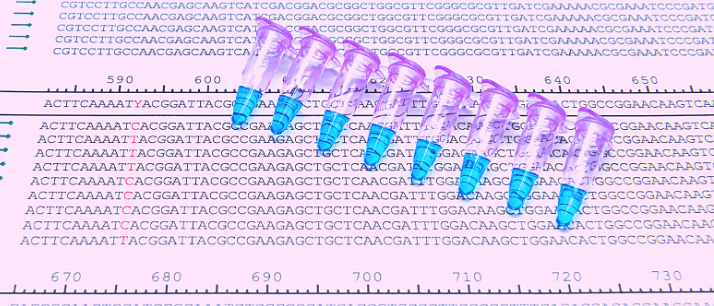Population-based genetic testing for common cancer-associated mutations is cost effective, study suggests

Results of a new modeling study, led by researchers from Queen Mary University of London (UK), suggest that population-based genetic testing for BRCA1/BRCA2 mutations represents a cost-effective strategy for high- and upper–middle-income countries and could prevent tens of thousands of breast and ovarian cancer cases over a lifetime. Mutations in BRCA1 and BRCA2 represent some of the most common breast and ovarian cancer-causing mutations, responsible for approximately 10–20 % of all ovarian cancer cases. Early identification of individuals carrying these mutations could prevent development of cancer by enabling early intervention provision. Currently, testing for the presence of such cancer-causing mutations...
